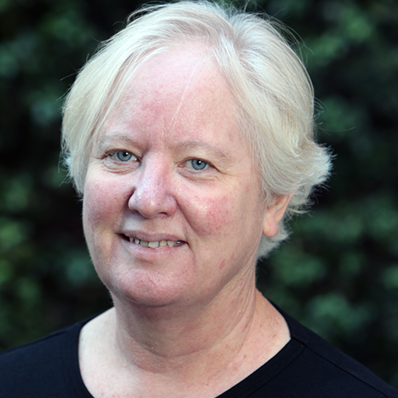Chen, Jeannie
Professor of Physiology and Neuroscience
The major focus of my laboratory is to study sensory neuron signaling and mechanisms of retinal degeneration and neurodegeneration using cell culture and rodent models. Through interdisciplinary collaboration, we deciphered basic mechanisms of sensory neuron signal transduction and disease pathogenesis in retinal degeneration and neurodegeneration where protein mis-folding and aggregation is an underlying cause of disease.
Cortes, Constanza
Assistant Professor of Gerontology
We investigate the mechanisms of exercise-associated neuroprotection in the context of aging and Alzheimer's disease. We utilize transgenic exercice-mimetic transgenic mice in combination with running interventions to isolate and prioritize novel 'exerkines' to move into pre-clinical trials. We are also building an 'exercise atlas' of the brain across the lifespan, with the ultimate goal of developing exercise in a pill as a novel intervention for Alzheimer's disease
Craft, Cheryl Mae
My well established vision research program encompasses my passion for discovery and deciphering rod and cone phototransduction mechanisms in health and disease using animal models for retinal degeneration. Throughout my academic career my research discoveries identified key genes in the pineal and retina, including arrestins to maintain normal high acuity vision. Currently, my personal goals include developing alternative therapeutic rescue treatment strategies with replacement gene therapy and in vitro stem cell technology. With Cobrinik and collaborators, we identified key developmental cone regulators controlling retinoblastoma genesis. I strongly believe in the importance of mentoring vision and clinician scientists and providing medical ethical training doctoral and medical students, and society.
Dewey, James
Assistant Professor of Otolaryngology-Head and Neck Surgery
The Dewey Lab studies the mechanical processes that underlie normal hearing and how these processes are affected in hearing-impaired ears. Current topics of investigation include (1) how sound causes the structures within the cochlear spiral to vibrate, (2) how these vibrations are amplified by the sensory outer hair cells, and (3) how this amplification process leads to the emission of sound by the ear.
Dias, Brian George
Associate Professor of Developmental Neuroscience & Neurogenetics
Our research seeks to understand not only how mammalian neurobiology, physiology and reproductive biology is impacted by psychosocial and nutritional stress but also how parental legacies of such stressors influence offspring. To achieve this understanding, we employ a lifespan approach to study how stressors affect: sperm/egg/embryo (pre-conceptional stress), the gestating fetus (in utero stress), and the developing infant (post-natal stress). Our experimental approaches include assaying learning-memory-motivation, virus-mediated manipulation of neuronal activity and gene expression, (epi)genetic profiling of cells, in vivo fiber photometry and induced pluripotent stem cells (iPSCs).
Eagleson, Kathie
Associate Professor of Research Pediatrics and Neurology
Research projects investigate the development of brain architecture that controls social-emotional behavior and learning, and how early life experiences impact neurodevelopment. Genetic and environmental factors that regulate circuit and synapse formation are studied at the molecular and circuit level, using single cell and bulk RNA sequencing, viral circuit tracing, and multiplex in-situ hybridization. Preclinical mouse models use exposure to early adverse experiences to study age- and sex- specific mitochondrial adaptations that impact the emergence of cognitive, social and emotional behaviors across the lifespan.








